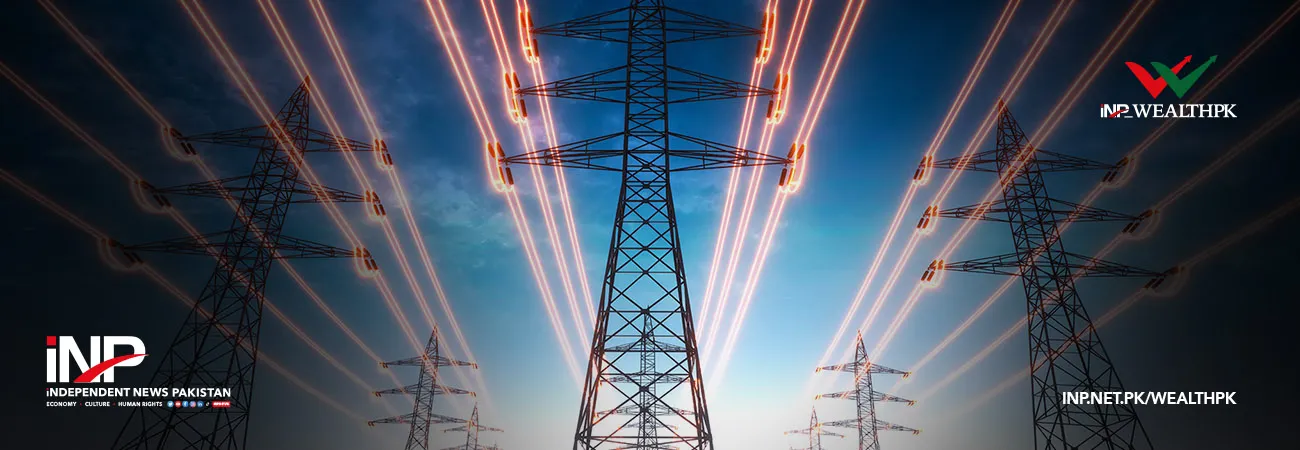INP-WealthPk
Ayesha Saba
Talking to WealthPK, Mustafa Hyder Syed, Executive Director of Pakistan-China Institute, said, “The prevailing financial crisis in Pakistan does not allow the government to invest a huge capital for grid modernization. However, the approved energy sector budget of the CPEC provides Pakistan with a golden opportunity to opt for grid modernization and dissemination of renewable sources for power generation due to the allocation of sufficient funds.” In addition, he said, the Chinese government has decided to invest USD46 billion in the CPEC project over the next 15 years, which indicates consistent financial support in the foreseeable future.
Syed Mujahid Shah, senior electrical engineer at the National Engineering Services Pakistan (NESPAK), told WealthPK that Pakistan’s outdated transmission and distribution (T&D) infrastructure needs upgradation for reliable and efficient supply of electricity. “The country’s weak transmission grid remains a serious hurdle for the renewable energy initiatives. Every year, hundreds of renewable energy projects halt in the advanced planning phases due to the transmission line upgrade delays and associated costs. As a result, the grid experiences congestion, voltage instability, and reliability issues due to the poor technical condition of the system,” he said.
“Since the renewable energy projects are typically located far from major cities, transmission becomes much more problematic. Modernization of power grid through realization of smart grid technologies is much needed to meet the ever-increasing energy demand,” he said. “As an energy-deficient country, Pakistan recently introduced some new policies such as the Energy Wheeling Policy (EWP), Energy Import Policy (EIP), and Net Metering/Distributed Generation Policy (NMP) to manage the electricity demand effectively. Energy Efficiency and Conservation Act (EECA) was also introduced, but there are many challenges which hinder their implementation,” he said.
“The challenges are lack of initial capital to install new renewable distributed generation plants at the governmental level, lack of proper infrastructure for energy wheeling to long distances, and lack of awareness among the public about the importance of these policies for their economic gain,” he explained. Talking to WealthPK on the condition of anonymity, an official of NTDC said, “Smart grid implementation in Pakistan is not a one-time project but needs extensive planning. An implementation plan for 2030 – divided into two stages of development – has been proposed. Work on this technology has been going on since 2017 but it is still in the early stages of development”.
“Over the last five years, however, distribution losses have consistently decreased because of collaborative efforts of the National Transmission and Dispatch Company (NTDC) and distribution companies,” he said. “To reduce power losses, the Government of Pakistan has introduced smart energy meters at the domestic level in some cities in collaboration with the United States Agency for International Development (USAID),” he said.
Credit: INP-WealthPk




